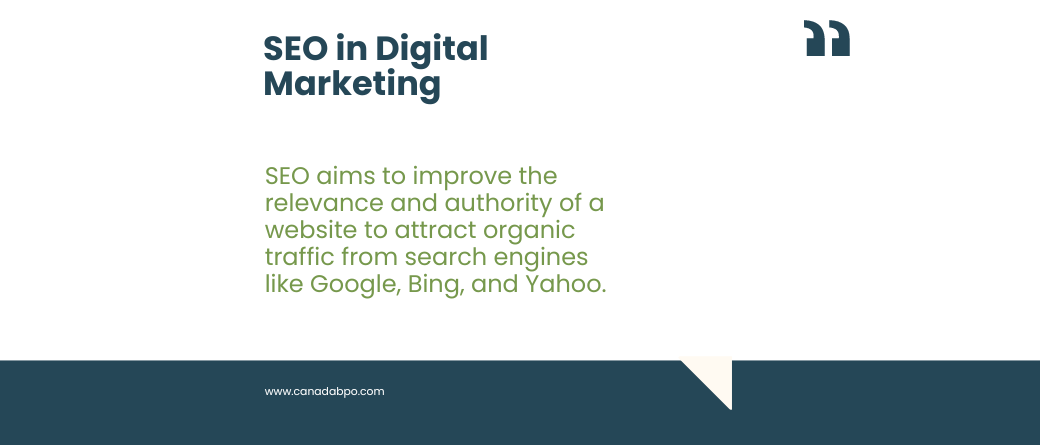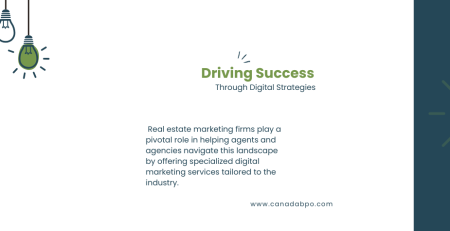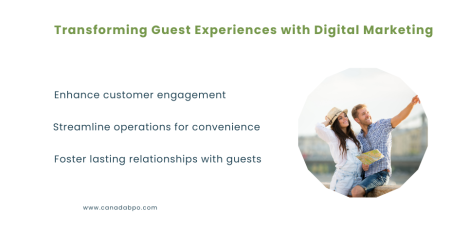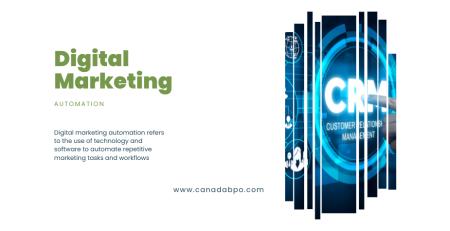Search Engine Optimization (SEO) remains a cornerstone of effective online strategy. SEO is not just about ranking higher in search engine results but is a vital component of a broader digital marketing approach. This blog post explores the significance of search engine optimization in digital marketing and how integrating it into your strategy can drive better results.
What is Search Engine Optimization?
Search Engine Optimization (SEO) refers to the process of enhancing a website’s visibility and ranking on search engine results pages (SERPs) through various techniques. SEO aims to improve the relevance and authority of a website to attract organic traffic from search engines like Google, Bing, and Yahoo.
Why is SEO Important in Digital Marketing?
- Increased Visibility and Traffic:
- Explanation: SEO helps your website rank higher in search results, making it more visible to potential customers. Higher visibility leads to increased organic traffic, which is essential for growing your online presence.
- Impact: Improved visibility means more users will find and visit your site, resulting in higher chances of conversions and revenue.
- Enhanced User Experience:
- Explanation: SEO involves optimizing various elements of your website, including page speed, mobile-friendliness, and content quality, to enhance the overall user experience.
- Impact: A better user experience leads to higher engagement, longer visit durations, and lower bounce rates, all of which contribute to better rankings.
- Cost-Effective Marketing:
- Explanation: Unlike paid advertising, which requires ongoing investment, SEO provides long-term benefits at a relatively lower cost. Once your site is optimized, it can continue to attract organic traffic without additional expenditure.
- Impact: SEO offers a higher return on investment (ROI) compared to many other digital marketing strategies, making it a cost-effective option for driving traffic.
- Building Credibility and Trust:
- Explanation: Websites that rank higher in search results are often perceived as more credible and trustworthy by users. Effective SEO practices help build your brand’s authority and reputation.
- Impact: Enhanced credibility leads to increased trust from potential customers, which can positively influence their purchasing decisions.
- Better Conversion Rates:
- Explanation: SEO focuses on targeting relevant keywords and optimizing content to meet user intent. This targeted approach attracts users who are more likely to convert into customers.
- Impact: Improved targeting and relevance lead to higher conversion rates, boosting the effectiveness of your digital marketing efforts.
Key Components of SEO in Digital Marketing:
- On-Page SEO:
- Explanation: On-page SEO involves optimizing individual pages on your website to improve their relevance and ranking. Key elements include title tags, meta descriptions, headings, content quality, and internal linking.
- Impact: Effective on-page SEO ensures that each page is optimized for relevant keywords and provides valuable content to users.
- Off-Page SEO:
- Explanation: Off-page SEO focuses on external factors that influence your site’s authority and ranking, such as backlinks, social signals, and brand mentions.
- Impact: Building high-quality backlinks and fostering positive brand mentions helps enhance your site’s authority and visibility.
- Technical SEO:
- Explanation: Technical SEO involves optimizing the technical aspects of your website, including site speed, mobile responsiveness, and crawlability.
- Impact: Ensuring your site is technically sound improves user experience and search engine accessibility.
- Content Marketing:
- Explanation: Content marketing plays a crucial role in SEO by creating valuable, relevant, and engaging content that attracts and retains users.
- Impact: High-quality content improves your site’s relevance and authority, supporting better search rankings.
- Local SEO:
- Explanation: Local SEO focuses on optimizing your website for local search queries, including Google My Business optimization and local citations.
- Impact: Effective local SEO helps attract customers in your geographical area, boosting visibility for local searches.
Integrating SEO with Your Digital Marketing Strategy:
- Aligning SEO with Business Goals:
- Explanation: Ensure that your SEO efforts align with your overall business objectives and digital marketing goals.
- Action: Set clear SEO goals, such as increasing organic traffic, improving conversion rates, or enhancing brand visibility, and integrate them into your broader marketing strategy.
- Combining SEO with Other Channels:
- Explanation: Integrate SEO with other digital marketing channels, such as social media, email marketing, and paid advertising, for a cohesive strategy.
- Action: Use insights from SEO to inform content for social media and email campaigns, and leverage paid advertising to complement organic efforts.
- Monitoring and Analyzing Performance:
- Explanation: Regularly track and analyze the performance of your SEO efforts using tools like Google Analytics and Google Search Console.
- Action: Monitor key metrics such as organic traffic, keyword rankings, and conversion rates, and adjust your strategy based on performance data.
Search engine optimization is a fundamental aspect of digital marketing that can significantly impact your online success. By focusing on both on-page and off-page SEO, you can enhance your website’s visibility, improve user experience, and drive meaningful traffic. Integrating SEO with your overall digital marketing strategy ensures that you maximize the benefits and achieve your business goals.
Ready to boost your digital marketing efforts with effective SEO strategies? Contact us today to learn how our expert team can help you optimize your website and achieve your online marketing goals.










